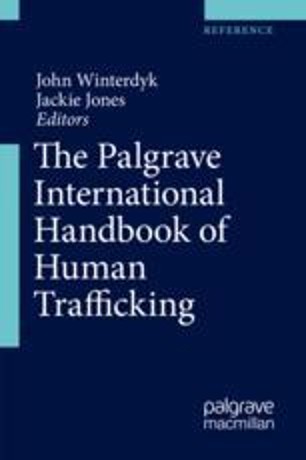The Quest for Education as a Factor of Vulnerability to Child Trafficking: Reflections on “Child Rescue” From the Perspective of West African Children
While there is increasing attention to the perspectives of people caught up in human trafficking – attention that has helped illuminate the cloudy nature of consent and agency in situations of human trafficking – the perspectives of children are relatively absent from the debate. Western notions of childhood downplay children’s agency and decision-making. In this chapter, the results of a study that explored the perspectives of over 50 West African children “rescued” by Nigeria’s NAPTIP, a governmental agency mandated to fight human trafficking and protect its victims, are shared. One theme that emerged strongly from the children’s narratives was the centrality of their quest for education, training, and other life opportunities as a factor that led them into situations of human trafficking, a situation likely to exist in other contexts as well. The children’s desire for education was often part of what led them away from home, kept them in their situations of trafficking, and made many of them unwilling to return home after being “rescued” by NAPTIP. These findings suggest a critical need to provide for children’s educational needs if we hope to combat child trafficking, as well as the need to provide meaningful alternatives to children we purport to “rescue.”
Members and SHERPA Teams

Jill Hanley
Co-Scientific Director, SHERPA University Institute; Full Professor, School of Social Work, McGill University

